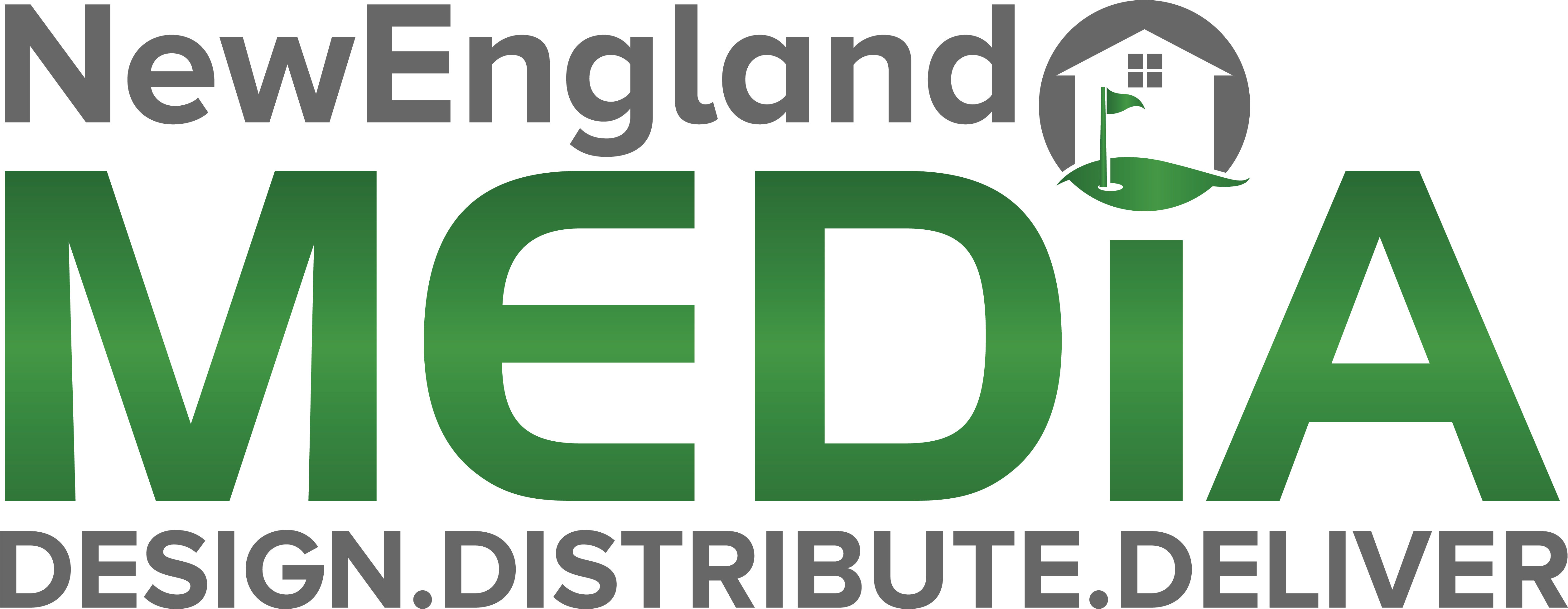The online world has become a powerful tool for businesses seeking to establish their presence, increase website traffic and drive sales. With the right strategies and techniques, internet marketing can help you build your brand, engage with customers and ultimately achieve success. In this article, we will take a look at the fundamentals of internet marketing and explore some effective tips and strategies to help elevate your online presence.
Understanding Internet Marketing Fundamentals
Defining Internet Marketing
Internet marketing, also known as online marketing or digital marketing, refers to any marketing effort that is conducted over the internet. It involves promoting a brand, product, or service through various internet channels such as search engines, email, social media platforms, display advertising, and other websites. The aim of internet marketing is to reach potential customers and promote brand awareness, increase website traffic, and ultimately drive sales and revenue.
The Benefits of Internet Marketing
- Increased Reach: With internet marketing, you can reach a larger audience across different channels and platforms.
- Greater Targeting: You can target specific demographics, interests, and behaviors to reach your ideal customer.
- Cost-Effective: In contrast to old-fashioned marketing tactics, internet marketing is far more budget-friendly and cost-efficient, allowing businesses to achieve more with less.
- Measurable Results: With internet marketing, you can track and measure your results in real time, enabling you to optimize your strategies for better performance.
Why is Internet Marketing a Necessity?
Internet marketing is no longer just an optional strategy for brands; it has become a necessity. With the rise of digital media and increasing access to the internet, it’s no surprise that the industry is booming. The worldwide content marketing sector is projected to reach a remarkable $584.02 billion by 2027, growing at an exponential CAGR of 16.37%.
It’s not just about the money, though studies show that consumers who read a piece of brand content are 131% more likely to buy from that brand than those who don’t. In fact, more than 50% of B2B buyers say they rely on content more than ever before when making purchase decisions. These numbers demonstrate the power of internet marketing and why it should be a top priority for businesses looking to succeed in today’s digital landscape.
Key Elements of a Successful Internet Marketing Strategy
- Define your Target Audience: Who are you trying to reach? What are their interests, behaviors, and pain points?
- Develop your Value Proposition: What unique value does your product or service offer? What sets you apart from your competitors?
- Choose your Channels: Which digital channels will you use to reach your target audience? Consider channels such as search engines, social media, email, and other websites.
- Create Engaging Content: Create content that resonates with your target audience and speaks to their needs and interests.
- Optimize for Search: Optimize your website and content for search engines to improve your visibility and attract more traffic.
- Leverage Social Media: Use social media to engage with your audience, build relationships, and promote your brand.
Building Your Online Presence
Website Design and Development

Your website is the centerpiece of your online presence, and it’s essential to ensure that it’s well-designed and user-friendly. If your website is poorly designed, outdated, or slow to load, it can have a negative impact on your business. Investing in professional web design and development services can help to create a website that is visually appealing, easy to navigate, and optimized for SEO.
When crafting the perfect website, here are some key factors to keep in mind:
- Clear and Concise Messaging: Your website should communicate your value proposition clearly and succinctly.
- User-Friendly Layout: Your website should be easy to navigate, with a logical structure and clear calls to action.
- Responsive Design: Your website should be optimized for different screen sizes and devices, including mobile.
- Fast Load Times: Your website should load quickly, ensuring a positive user experience.
Search Engine Optimization (SEO)

Search engine optimization (SEO) is a crucial part of any successful internet marketing strategy. It involves optimizing your website, content, and other elements to improve its visibility in search engines like Google and Bing. The better optimized your website is, the more likely it is to appear higher up in search engine results pages, which can lead to increased website traffic and conversions.
There are a variety of techniques used to improve SEO rankings, such as:
- Keyword Research: Uncover the language that your target market is using to search and craft content around it in a strategic manner.
- On-Page Optimization: Optimize your website pages for specific keywords, including title tags, meta descriptions, headers, and content.
- Off-Page Optimization: Build high-quality backlinks to your website from other reputable sites to increase your authority and visibility.
- Local SEO: If you have a physical location, optimize your website for local search results by including your business address and other relevant information.
Content Marketing Strategies for Success

Content marketing is the art of generating and sharing high-quality, interesting content to captivate and retain your target audience. It’s a great way to build relationships with potential customers, keep them engaged, and convert them into paying customers.
When creating content, it’s important to ensure that it provides value to your audience and addresses their needs or interests. Here are some strategies to consider when crafting content:
Here are some strategies for crafting effective content marketing campaigns:
- Identify your Target Audience: Determine your ideal customer and create content that meets their needs and interests.
- Choose your Content Formats: Consider different formats, such as blog posts, videos, infographics, podcasts, and more.
- Develop a Content Calendar: Plan your content in advance to ensure a consistent and effective approach.
- Be Specific: Focus on specific topics and create content that your target audience will find interesting and engaging.
- Focus on Quality: Make sure your content is well-researched, accurate, and engaging. It should be written in a clear and concise manner that’s easy to understand.
- Promote your Content: Use social media, email, and other channels to promote your content and increase visibility.
- Measure your Results: Use analytics tools to track and measure the performance of your content, and use this data to improve your approach.
Social Media Marketing

If you want to expand your reach and engage with potential customers, social media marketing is the perfect tool for achieving your goals. Connecting with audiences on platforms such as Facebook, Twitter, and Instagram is a surefire way of increasing brand awareness and building relationships that can drive conversions.
Here are some tips for success in social media marketing:
- Choose the Right Channels: Consider your target audience and the social media channels they are most active on.
- Create Engaging Content: Develop content that resonates with your target audience and speaks to their needs and interests.
- Use Social Media Advertising: Leverage social media advertising to reach a larger audience and boost the visibility of your content.
- Monitor and Respond to Comments: Engage with your audience by monitoring comments and responding promptly.
Email Marketing

Email marketing is a great way to stay in touch with your target audience and build relationships that can lead to conversions. Sending out interesting and relevant content helps keep your customers engaged while offering special promotions or discounts is an effective way of driving sales.
To maximize the effectiveness of your email campaigns, here are some tips to consider:
- Build your Email List: Use opt-in forms on your website and other channels to build your email list.
- Segment your List: Segment your email list based on demographics, interests, and behaviors to create targeted campaigns.
- Create Engaging Content: Develop informative, entertaining, and valuable content to your target audience.
- Automation: Use automation tools to send targeted messages based on user behavior and preferences.
- Track Your Impact: Monitor the effectiveness of your emails by tracking open rates, click-through rates, and other metrics.
In conclusion, online marketing is undeniably advantageous for companies of all sizes. It offers them the opportunity to reach a broader audience, target specific demographics, and acquire tangible results at an affordable cost. If you want your business to gain traction in this digital age then by following the advice presented in this article can help you accomplish that goal! Internet promotion provides businesses with greater access than ever before; so why not take advantage?
Check your marketing score for free with our marketing audit tool. It will help you analyze your current online marketing strategies and identify any areas that need improvement. With this information, you can create a plan of action to ensure successful internet marketing results in the most efficient and cost-effective manner.
Internet Marketing FAQs
A successful online marketing strategy should include keyword research to determine the right keywords for your target audience, content creation that resonates with your target customers, and optimization of your website’s design and functionality to ensure optimal user experience. Additionally, you should consider leveraging social media platforms, search engine optimization (SEO), and paid advertising options such as Google Ads or Facebook Ads to reach your target audience.
The type of content you create should vary depending on your target audience and objectives. Generally, you should consider creating blog posts, videos, infographics, podcasts, case studies, e-books, and other forms of content that appeal to your target customers and provide valuable information.
The most important metrics to track in internet marketing include website traffic, conversions, leads generated, ROI, cost per lead, and customer lifetime value. By measuring these metrics, businesses can gain a better understanding of how their campaigns are performing and make adjustments as needed to optimize results.
The amount of time it takes for internet marketing strategies to start showing results varies depending on the strategy being used. Generally, most strategies will start to show some improvement within a few weeks of implementation, but it can take months before the full effects of a campaign are seen. Additionally, continual optimization and testing is necessary to ensure that campaigns remain successful over time.


















